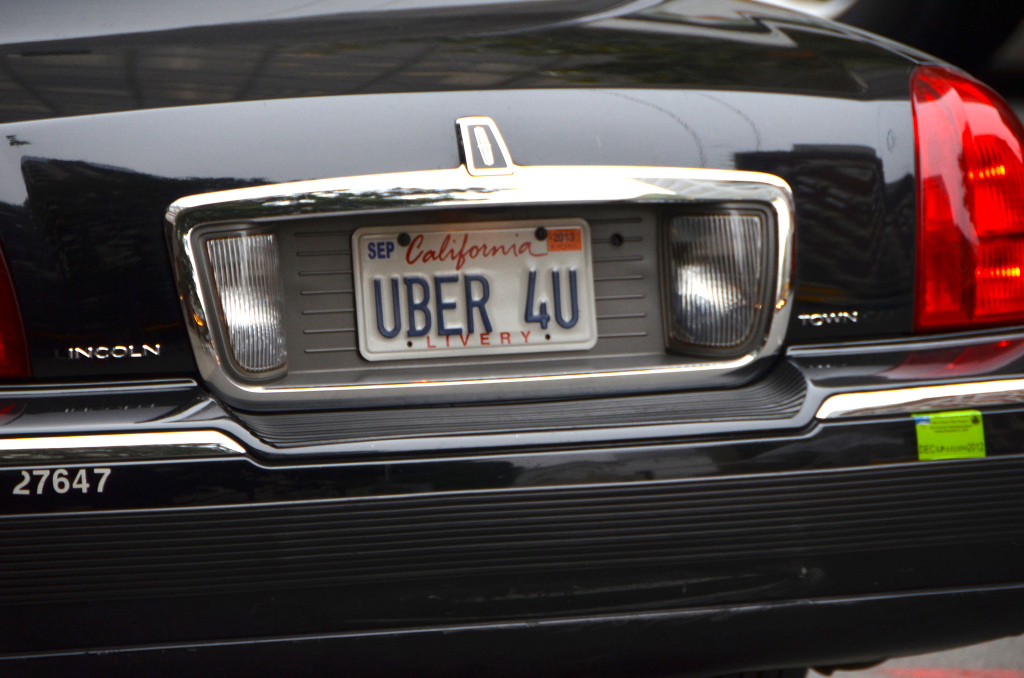California Labor Commission: Uber Driver Was An Employee Image courtesy of (afagen)
Disputes over whether a worker is an independent contractor or an employee are a long-running issue in labor law in general. Companies that habitually do this and are sued by employees (or, as the companies would insist, freelancers) are well-known brands like FedEx and Google.
For drivers for Uber, Lyft, and other similar services, the difference is a significant one. Being an independent contractor, as drivers are defined now, means that drivers are responsible for supplying their cars, maintaining the vehicles, and paying for gasoline. It also gives the companies a convenient shield when they’re accused of discriminating against disabled passengers: it’s the drivers who aren’t picking up service dogs; the app is just a ride-hailing platform and payment-processing service.
If drivers are found to be employees, as the driver in this case was, they would be entitled to have Uber pay their car expenses, as well as other costs that employers are supposed to cover. For all workers, that would include the employer’s portion of Social Security, worker’s compensation, unemployment insurance, and benefits like health insurance if the employee works full-time hours.
For ride-hailing app drivers, the stakes for Uber are even higher: the driver in the California Labor Commission case only worked for the service for two months, and the company was ordered to pay her $4,000 in expenses.
UPDATE: Uber sent us a statement about this decision pointing out that the ruling only applies to the one former driver who brought suit, and contradicts a previous California Labor Commission decision.
Reuters’ original headline was not accurate. The California Labor Commission’s ruling is non-binding and applies to a single driver. Indeed it is contrary to a previous ruling by the same commission, which concluded in 2012 that the driver ‘performed services as an independent contractor, and not as a bona fide employee.’
Uber drivers are employees, not contractors: California Labor Commission [Reuters]
Want more consumer news? Visit our parent organization, Consumer Reports, for the latest on scams, recalls, and other consumer issues.


